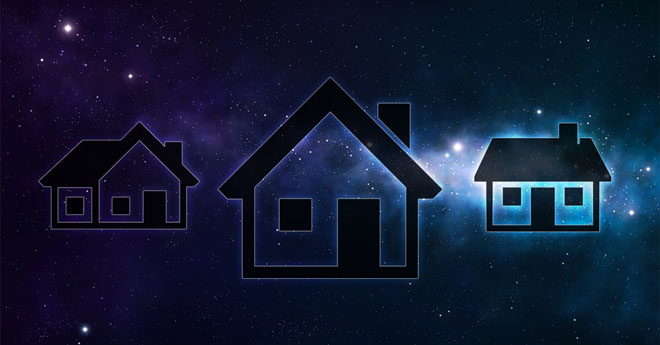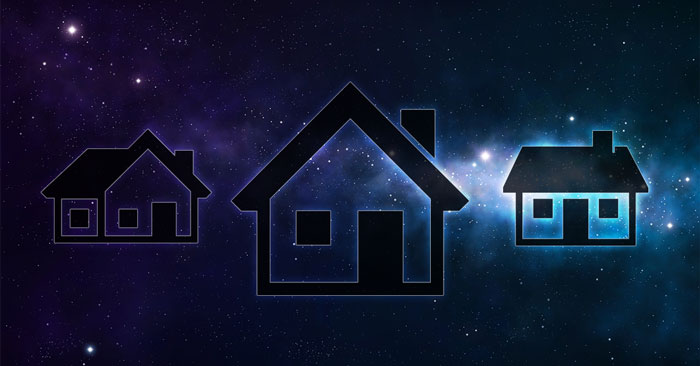
This episode of the podcast is a recording of a lecture I presented recently titled 12 Reasons Why Whole Sign Houses is the Best House System.
This talk was presented on Wednesday, November 18, 2015 as an evening webinar for the Nightlight Astrology group organized by Adam Elenbaas.
When Adam invited me to give a lecture for his group on whole sign houses I realized that I had never given a talk solely dedicated to just that topic before. So, I decided to frame my argument as more of a polemical set of arguments for why someone might adopt whole sign houses as their preferred method of house division. Basically, my goal with the talk was to discuss some of the most appealing historical, conceptual, and practical arguments in favor of that specific approach to house division.
Usually I tend to favor more nuanced discussions that incorporate different perspectives on things, but since it was just going to be a relatively short lecture I thought it would be better just to focus on some specific points in favor of the approach. It seems like a lot of people have been switching to whole sign houses recently, I wanted to show what it is that people are finding appealing about this approach.
Towards the end of the talk I did make some conciliatory remarks about the possibility of using whole sign houses together with quadrant houses, which is an approach that I do feel is worth exploring, even if I think that whole sign houses should still be the primary approach.
Below you will find the PowerPoint slides for the talk, a synopsis of the 12 arguments I made in favor of whole sign houses, and then links to download or stream the recording of the lecture.
PowerPoint Slides
You can download the PowerPoint slides that contain the diagrams and lecture notes for the talk below:
12 Reasons Why Whole Sign Houses Is The Best House System
This is a PDF file, so you will need to have Adobe Reader in order to open it.
12 Reasons for Why Whole Sign Houses Is The Best House System
A synopsis of the 12 arguments I gave in favor of whole sign houses in the talk:
- Whole sign houses was both the original form of house division as well as the dominant form of house division for the first thousand years of the practice of western astrology.
- Many of the core significations of the houses were first developed within the context of whole sign houses, and only make sense still today conceptually within the context of that framework.
- The shift to quadrant houses happened suddenly and may not necessarily have been very well-considered.
- It solves a long-standing dispute that astrologers have had for the past 1000 years now since the switch to quadrant houses occurred.
- Whole sign houses provides a stark contrast to other approaches, and is more readily testable than other systems.
- Transits through the houses are more clear, both in terms of when they start and end, as well as in terms of the circumstances associated with them becoming more evident immediately.
- WSH creates a better distinction between the 1st and 12th houses, so that planets that rise over the horizon do not immediately move into the 12th house, thus resolving a conceptual issue with the significations usually associated with that house.
- Provides a solution to the Gauquelin “plus zone” issue.
- Rectification becomes more straightforward.
- It has been the primary form of house division in India for almost 2000 years.
- It was used in the earliest texts on horary and electional astrology.
- It has recently been adopted by a number of leading contemporary astrologers, which is notable because it involves switching to a system that is different than the one they started with, rather than sticking with whatever approach they happened to first learn.
Transcript
A transcript of this episode is available here: Episode 52 transcript
Listen to This Episode
You can either play this episode of the podcast directly from the website or download it as an MP3 to your computer by using the buttons below:
Podcast: Play in new window | Download (Duration: 1:44:24 — 48.0MB)
